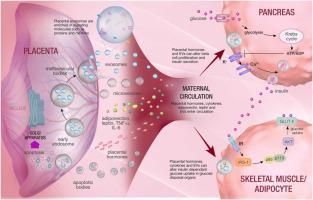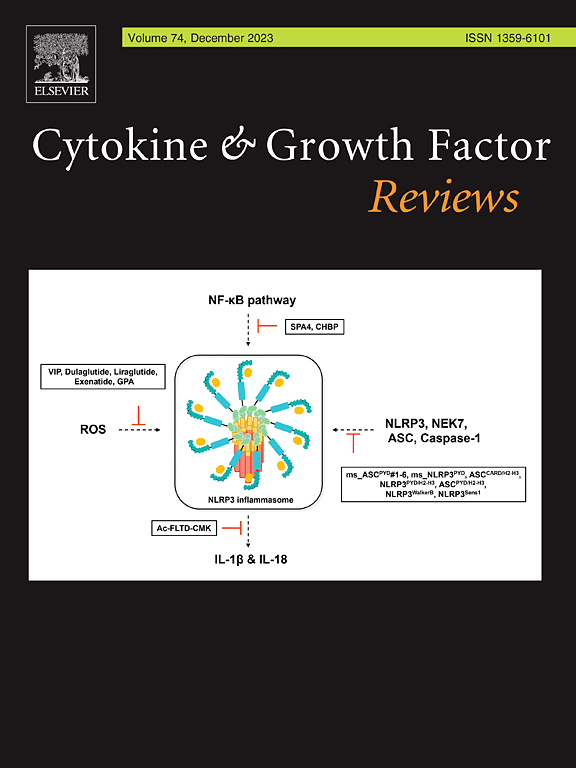Cell-to-cell communication mediated by Extracellular Vesicles (EVs) is a novel and emerging area of research, especially during pregnancy, in which placenta derived EVs can facilitate the feto-maternal communication. EVs comprise a heterogeneous group of vesicle sub-populations with diverse physical and biochemical characteristics and originate by specific biogenesis mechanisms. EVs transfer molecular cargo (including proteins, nucleic acids, and lipids) between cells and are critical mediators of cell communication. There is growing interest among researchers to explore into the molecular cargo of EVs and their functions in a physiological and pathological context. For example, inflammatory mediators such as cytokines are shown to be released in EVs and EVs derived from immune cells play key roles in mediating the immune response as well as immunoregulatory pathways. Pregnancy complications such as gestational diabetes mellitus, preeclampsia, intrauterine growth restriction and preterm birth are associated with altered levels of circulating EVs, with differential EV cargo and bioactivity in target cells. This implicates the intriguing roles of EVs in reprogramming the maternal physiology during pregnancy. Moreover, the capacity of EVs to carry bioactive molecules makes them a promising tool for biomarker development and targeted therapies in pregnancy complications. This review summarizes the physiological and pathological roles played by EVs in pregnancy and pregnancy-related disorders and describes the potential of EVs to be translated into clinical applications in the diagnosis and treatment of pregnancy complications.



